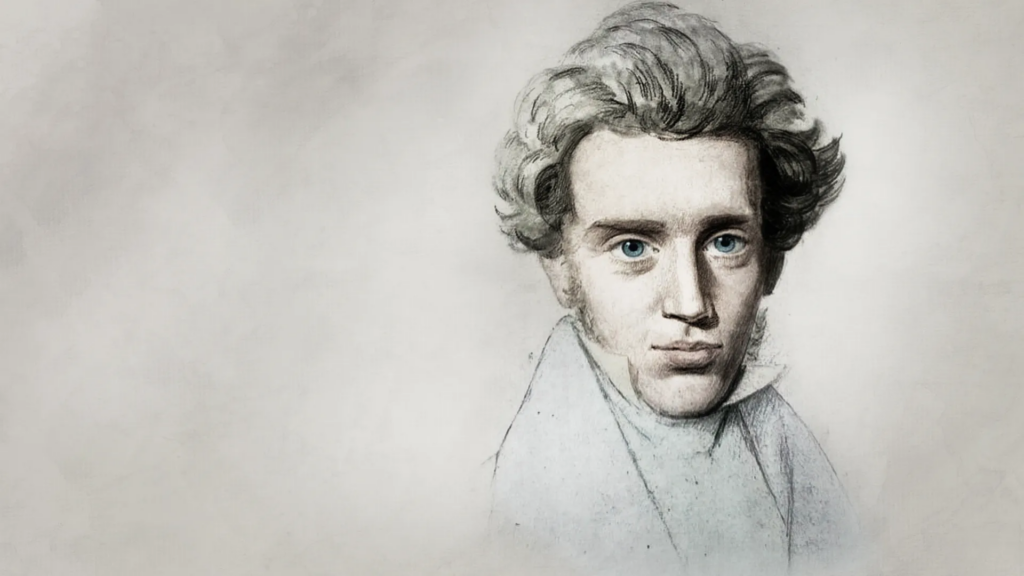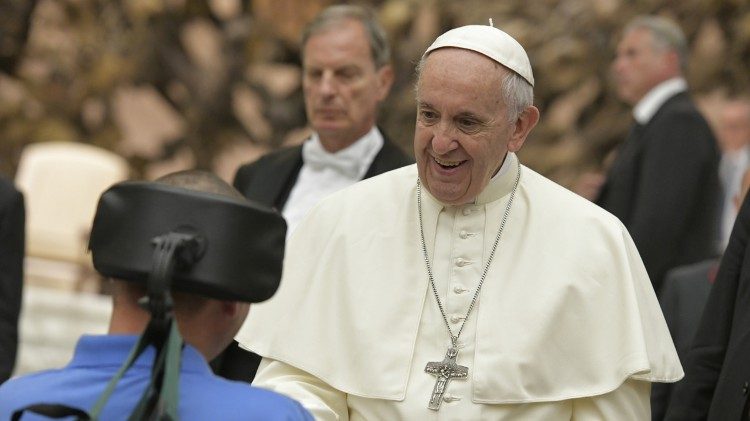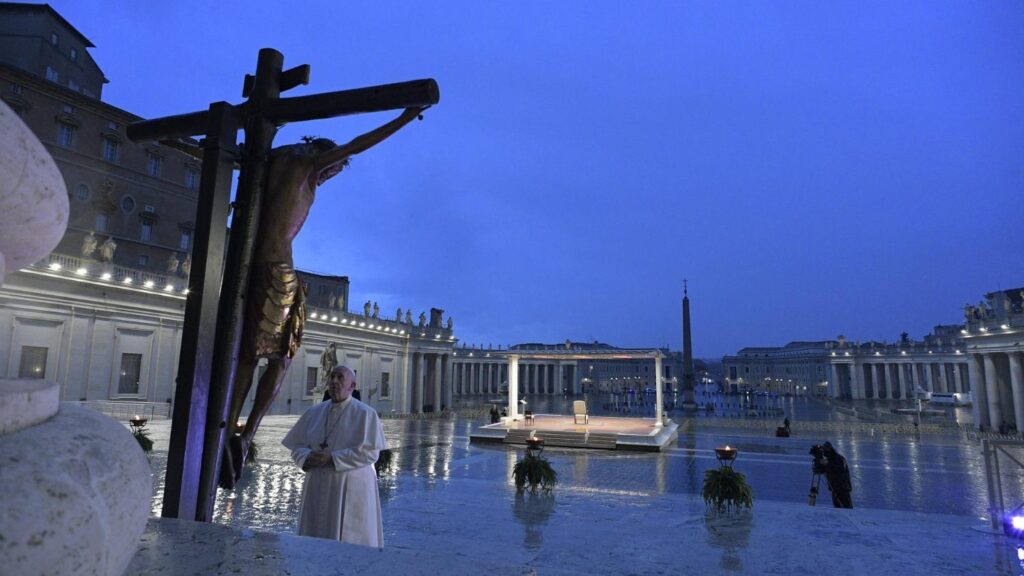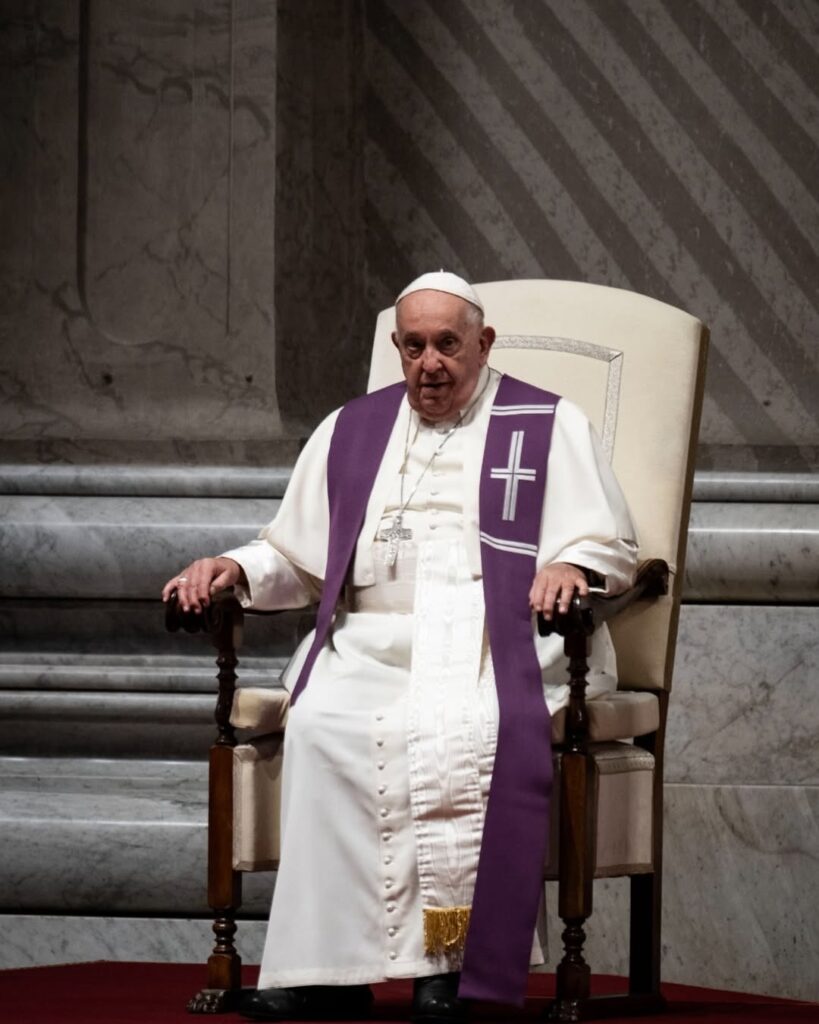The Religious Writer with a Fighting Heart
Kierkegaard: The Philosopher of the Heart Who Challenged Conformity to Live an Authentic Faith

Once again, we look at Kierkegaard (1813-1855). This time, about the book The Philosopher of the Heart: The Restless Life of Kierkegaard (Taurus, 2021, Kindle edition) by Claire Carlisle. A biography of the Danish philosopher based on his diaries, testimonies from those who knew him, and his various writings that give us a closer idea of the content and meaning of his thought. Carlisle shows us a real-life Kierkegaard in his insights and disquietudes. He believed he should return to Christianity in his time, in which he observed a great deal of pretense, comfort, and little faith experience. His spirit was shaped by verse and verse: the wisdom and severity of his father, on the one hand, and, on the other, the youth and benevolence of his beloved Regine.
Regine is present at the beginning and end of his work, written in the final ten years of his short life. He asked her to marry him in 1940, and a year later, he broke off their engagement. Kierkegaard admits that he hurt Regine because he didn’t know himself. He didn’t understand, at that stage of his life, that he was already committed to Christianity, being “unable to see that his nature prevented him from becoming a husband, a father, a conventional bourgeois, and from knowing what his place in the world would be (p. 246).” She, our philosopher notes, was all joy; he, on the other hand, was shackled by his melancholy, with a tendency to immerse himself in “authentic Christian suffering.” “She would have soon lost her good humor. And I, well, I would never have become myself (p. 247).”
Becoming oneself is one of the key categories in Kierkegaard’s thought. There is no mass man; what matters is the individual in particular. To be in the world, yes, but without being worldly. The knight of faith lives his relationship with God within himself, invisible to the crowd. He lives in the world, does not retreat into a corner, acts as leaven among his peers, without conforming to conventional bourgeois values (see p. 79). Despair, a deadly disease that prevails in society, stalks everyone. “Some people,” Kierkegaard notes, “cannot face their existential task and succumb to melancholy; they do not want to become themselves; while others despair, asserting themselves with rebellion, refusing to acknowledge their need for God (p. 281).”
Becoming himself is for Kierkegaard a true Via Crucis: a heartbreaking renunciation of Regine’s love, the object of ridicule by the newspaper Le Corsaire, incomprehension from his peers, and the obvious fragility of his physical and mental health. Much to his chagrin, he accepts the task God gives him: “to draw attention to the price of becoming a Christian, starting with Denmark, where everything (the state Church, official positions, salaries) has collapsed (p. 286).” This mission transforms him into the religious writer who, pen in hand, challenges the values and ideas of the Lutheran religion of his time, which was too complacent in his view.
I think, now, of Saint Teresa of Calcutta, who said that we must love Christ, our helpless neighbor, until it hurts. Kierkegaard understood this radical nature of love. “Christianity,” he says, “is not a doctrine, but a message of existence. (From ignorance of this spring all the troubles of orthodoxy, its disputes, while existence remains exactly as it was.) Christianity is a message of existence and can only manifest itself through it (p. 182).” Life, existence, not just a message. “No philosophical system, no merely intellectual approach, helps a human being to live in the world, to make decisions, to become themselves (p. 189).” Hence, his harsh criticism of the religious establishment of his time. Mynster struck him as a man without character, an orator, a rhetorician. Martensen is no better. “He played at being a Christian the way children play at being soldiers, completely safe from any danger (p. 316).”
Kierkegaard, on the other hand, put everything on the line, consuming his life in the battle for authenticity. He dedicated his life to the quixotic enterprise of awakening awareness of what it means to be human and Christian. Toward the end of his life, ill and poor, he left Regine as the beneficiary of his little remaining estate. On the brink of death, he told his friend Emil: “Pray for me so that I may finish soon… The most important thing is to be as close to God as possible (p. 329).” This was the life of Kierkegaard, the philosopher of the heart, knight of faith, Socrates of Christianity, defender of the individual, long-suffering lover, witness to authenticity until it hurts.
Related

His Hope Does Not Die!
Mario J. Paredes
24 April, 2025
6 min

Francis. The Human and Religious Imprint of a Papacy
Isabel Orellana
24 April, 2025
5 min

Cardinal Felipe Arizmendi: With the Risen Christ, There Is Hope
Felipe Arizmendi
24 April, 2025
6 min

You Didn’t Give Up
Exaudi Staff
23 April, 2025
2 min
 (EN)
(EN)
 (ES)
(ES)
 (IT)
(IT)

